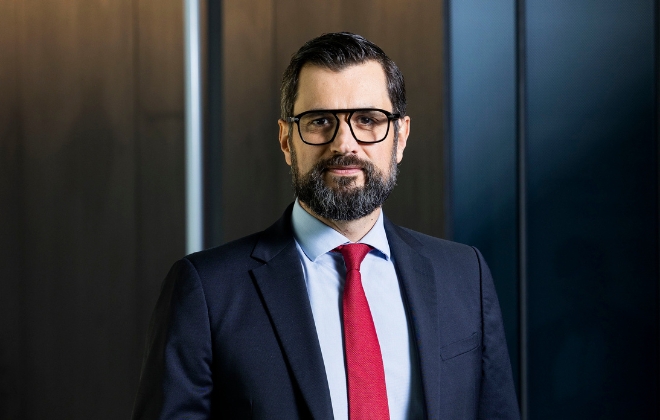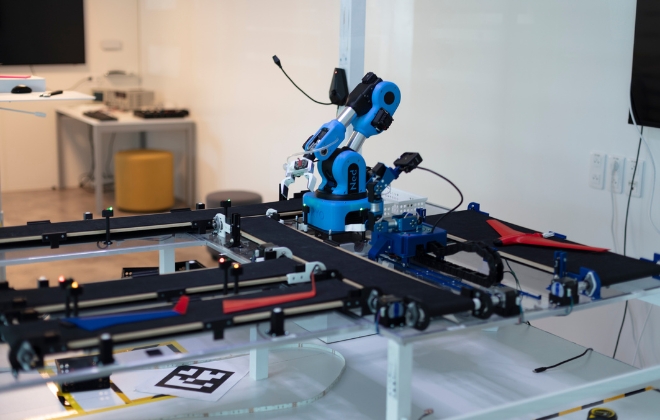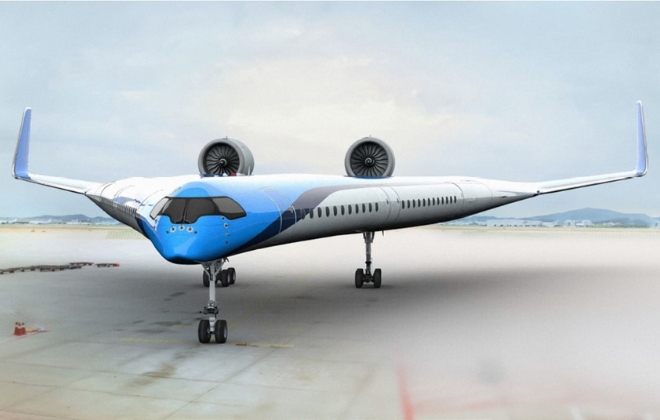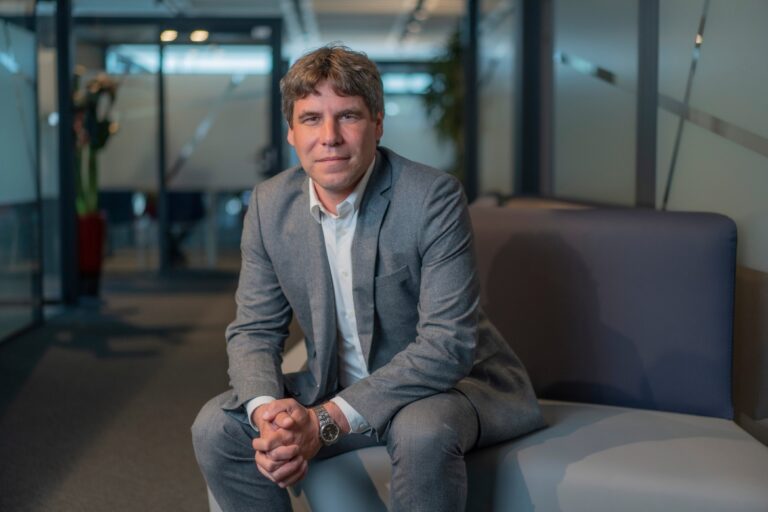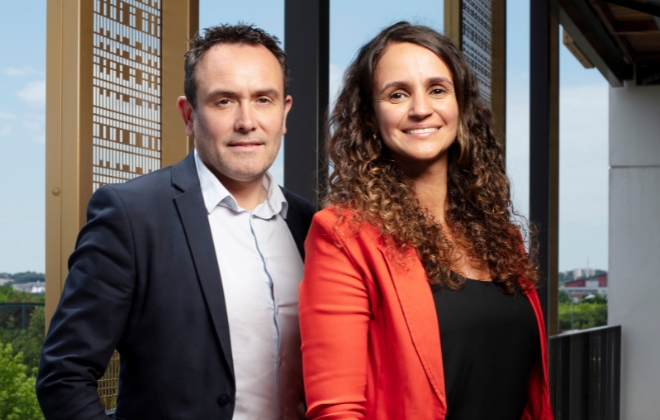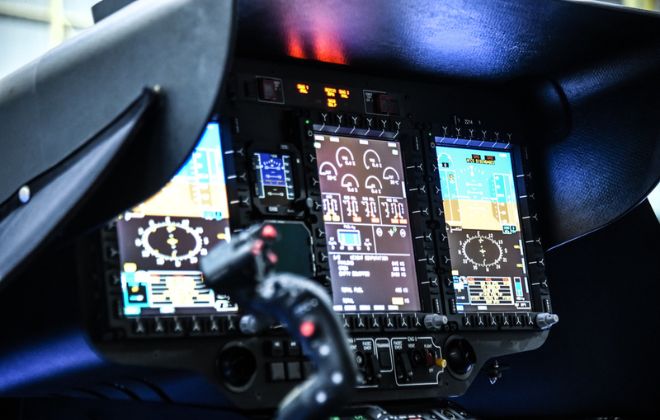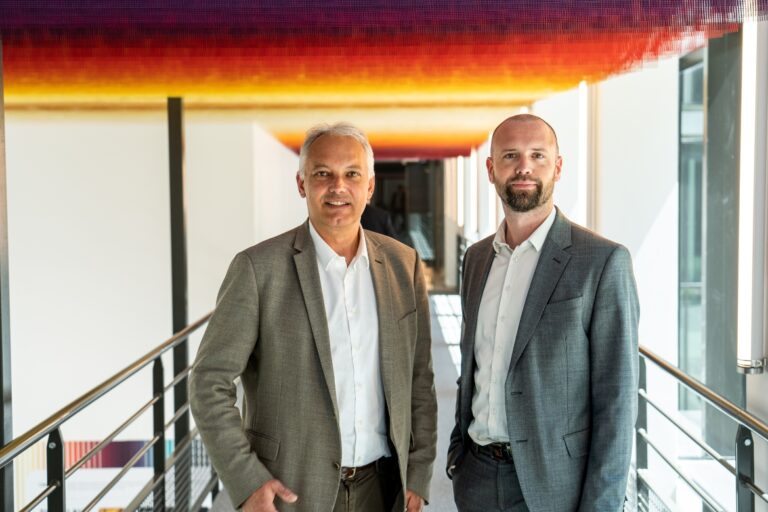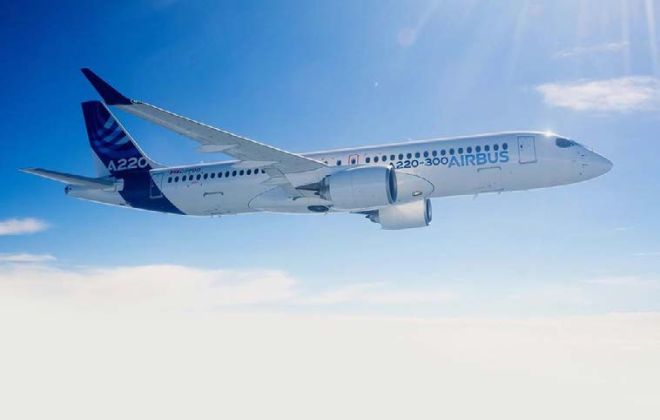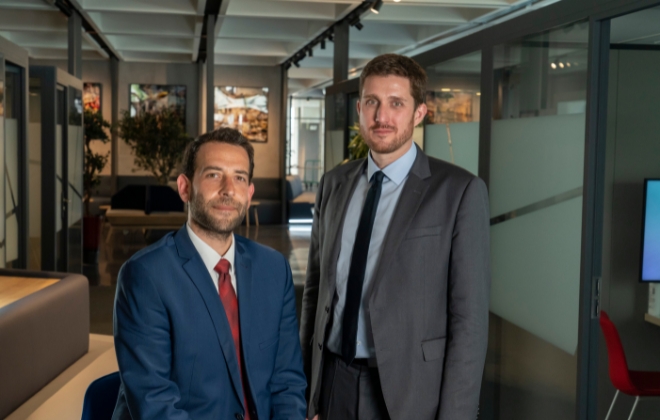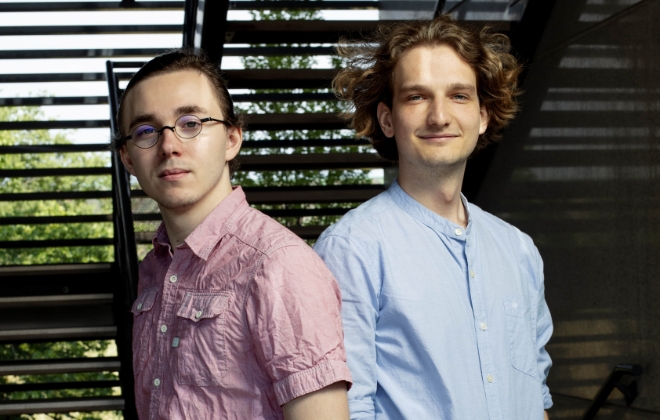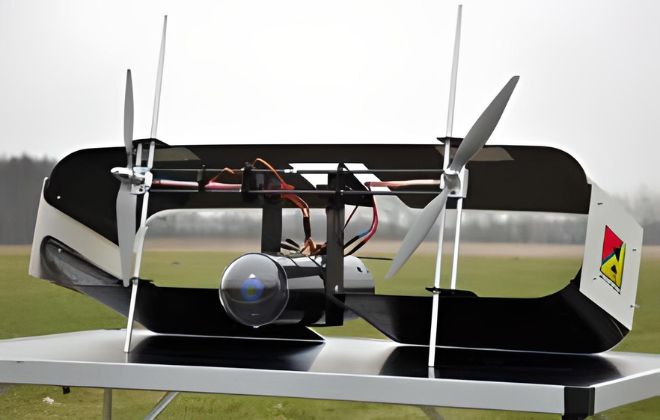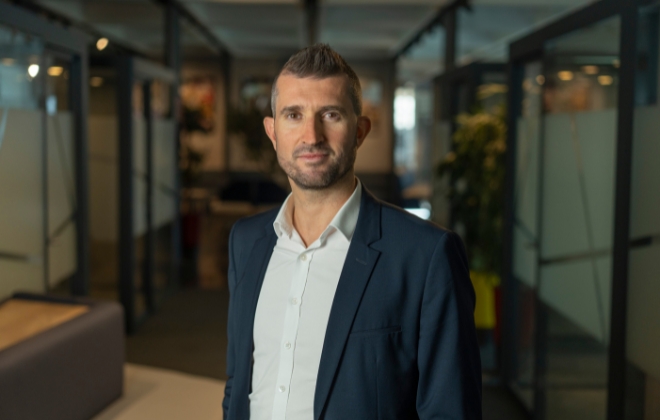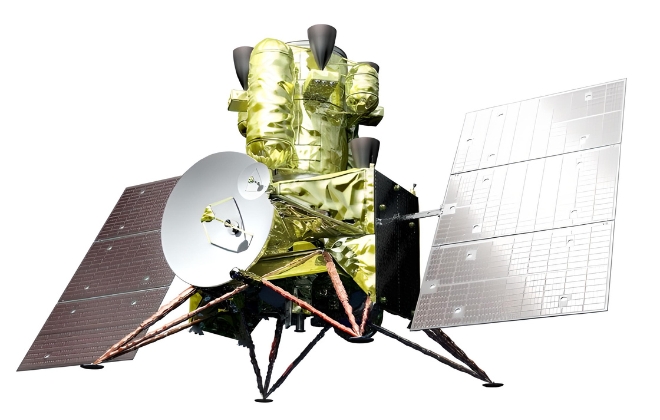The space of the future
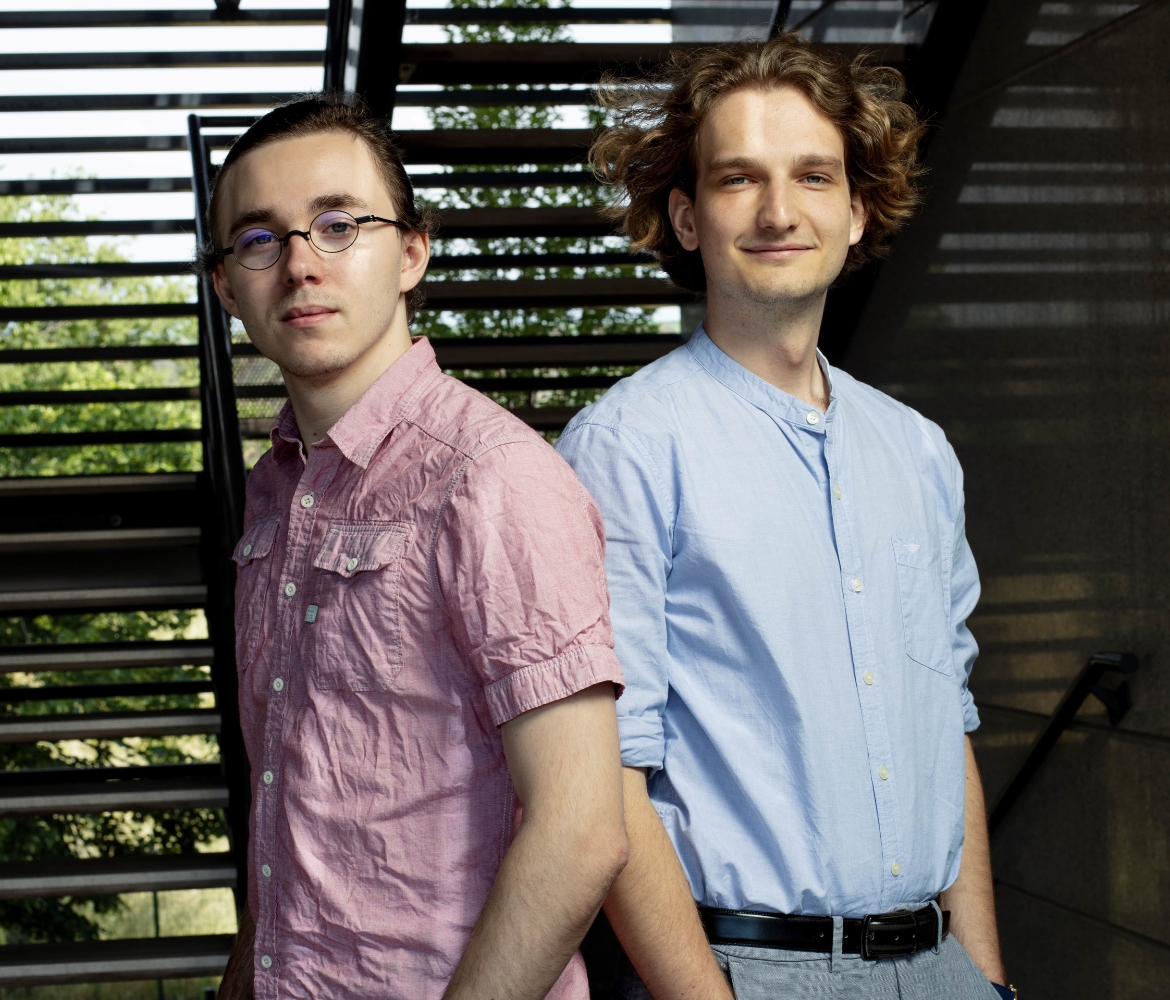
Benoît Bieri
is in his fifth year of engineering school at ESTACA, in Paris – a school specialized in transportation. His area of interest is space.
Charles Pelleray
has studied at ELISA Aerospace, an engineering school dedicated to space and defense. He has opted for studies in missile and space systems engineering.
Both are conducting an end-of-studies internship int ALTEN Labs. They work with two other colleagues – from the ISAE-SUPAERO and IPSA space schools – on the “Satellite for Reactive Launches” project.
So, why space?
BB : I’ve always been passionate about science in general. When I was a child, it was paleontology – more about the past. Now it’s space, looking towards the future.
CP : I think it is no secret – space, for many people, is a passion. For me, it started with science fiction in my childhood. I like the idea of seeing humanity grow in the universe. There is a beautiful quote from Tsiolkovsky: “Earth is the cradle of humanity, but mankind cannot stay in the cradle forever.”
How would you describe the “Satellite for Reactive Launches” project?
CP : In general, from the design of a project until the moment it is put into service, there are years of waiting. Here, our objective is to succeed in a few weeks. And that’s the overall challenge: to have extremely fast access to space for Earth observation satellites.
BB : To do this, we need to design the entire mission: not only the satellites themselves, the orbits they will take and the constellation… we need to design the entire supply chain, the tests we’ll carry out, the launcher we’ll use. It’s a truly global project. This is something that is quite rare. Traditionally, it has been very broken down, with each researcher having a very specific role. Here, the goal is to challenge the status quo.
How long do you have to do this?
BB : I’m already halfway through my internship; the project won’t be finished when I’m gone. The goal is to have a prototype, a small 3D printed model. But the project is much longer than just our internships.
What is the concrete possibility of your ideas becoming reality?
CP : The goal of our internship is to explore a lot of different concepts and try to classify ideas, from the best to the least bad; to see what is most likely and what is least feasible. The freedom we have to explore – that is really very cool. It allows us to learn about subjects that we like, to delve into many things, and this is very enriching. At the same time, it’s quite challenging. It’s double-edged.
BB : You see the whole space project. It is very formative, because there are many things that we have not necessarily seen in class. We don’t see the reality of what it means. It’s a sandbox: you can do what you want. The scope is wide and the framework is not classical. We are challenged to be disruptive, pioneering, but as a result, it can sometimes be a bit daunting. Sometimes it’s hard not to let your imagination fly, to come back down to earth. Fortunately, we have deadlines with partners that impose a sort of minimum framework.
How do you see your role?
CP : There has been a big power shift in space. Before, states were in charge of everything. Now, the private sector is taking on a larger and larger share. What we do won’t be done through the state; it will be either through partnerships with companies that manufacture the systems, or through a start-up, but it will be through the private sector in the end.
BB : It’s the concept of New Space. SpaceX was the first major private company to invest heavily in space and we see the results today. It’s only been about ten years since New Space was launched and now it’s a global dynamic.
We have a responsibility to build the foundations for future space projects via the Space Innovation Lab at ALTEN Labs. So, beyond the project we are working on, we are building the foundations for the development of the space of the future.




